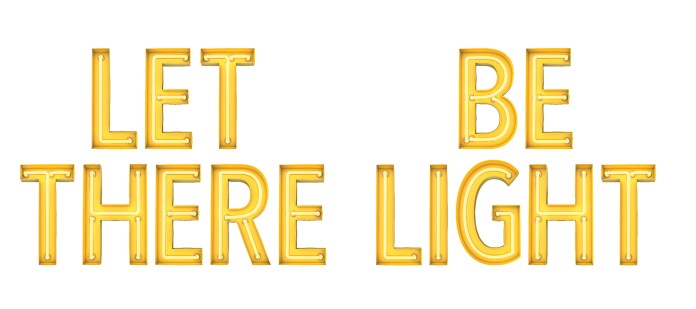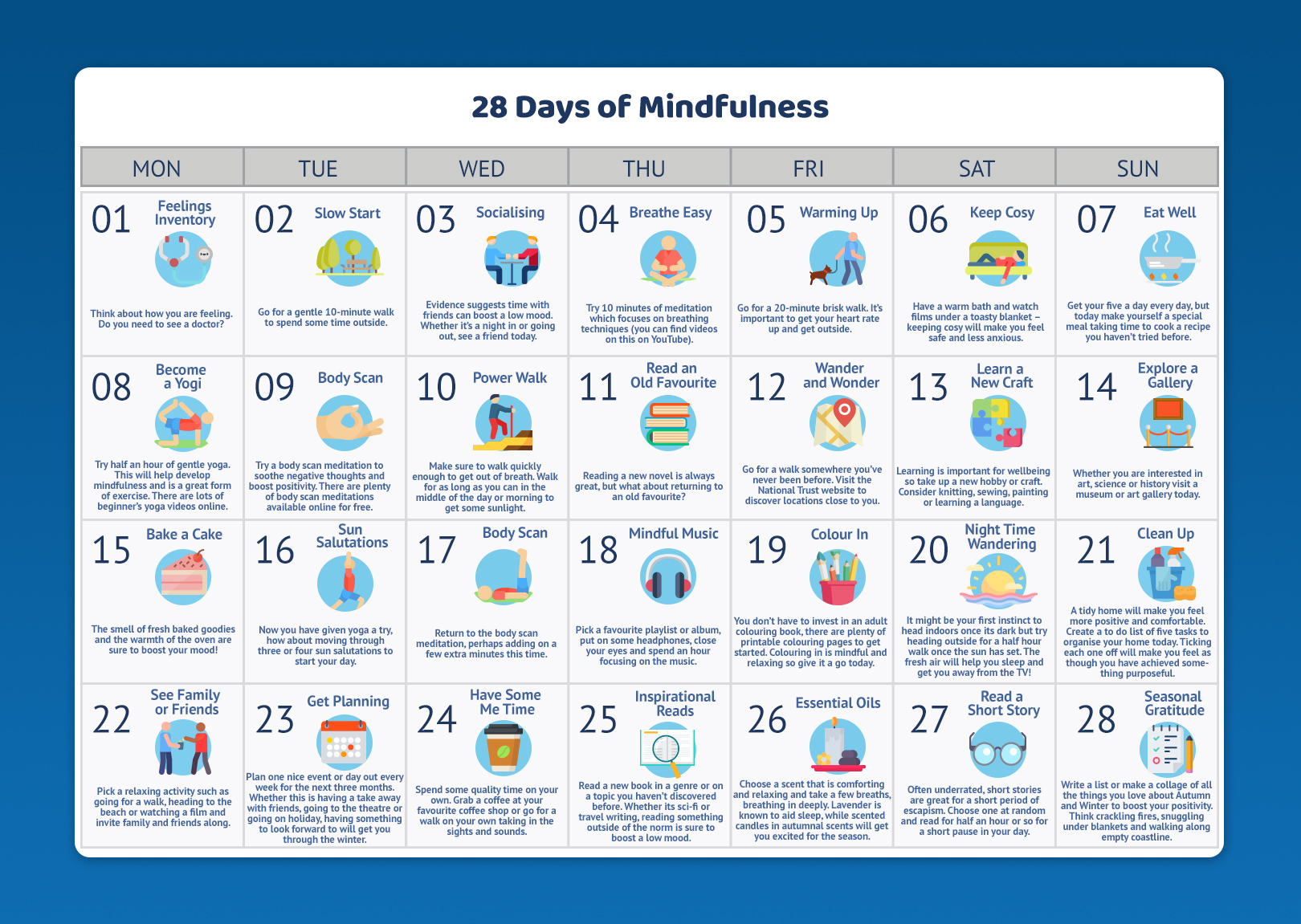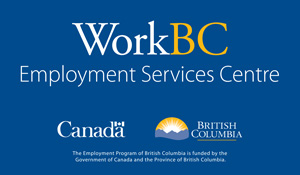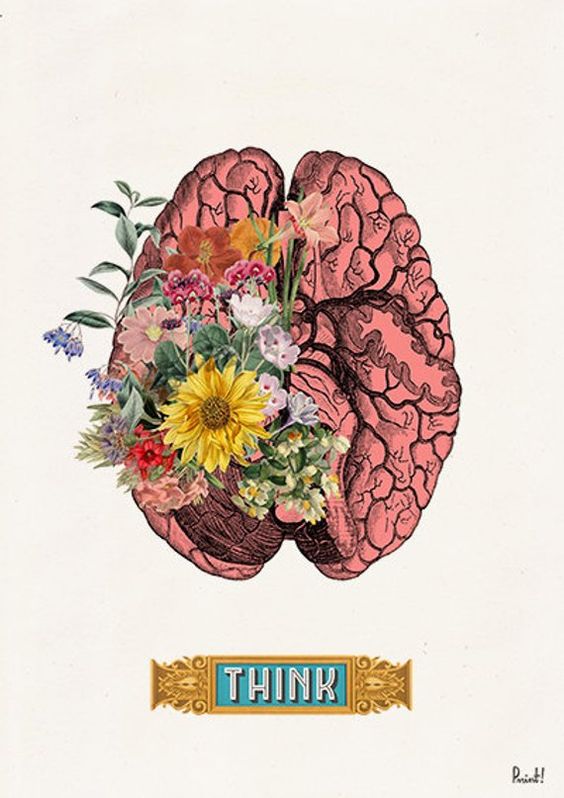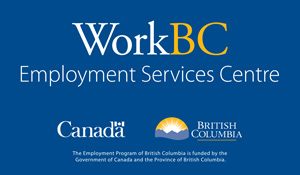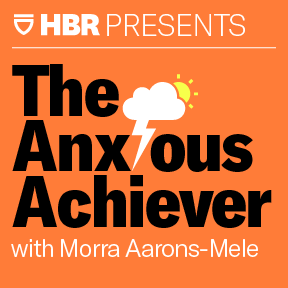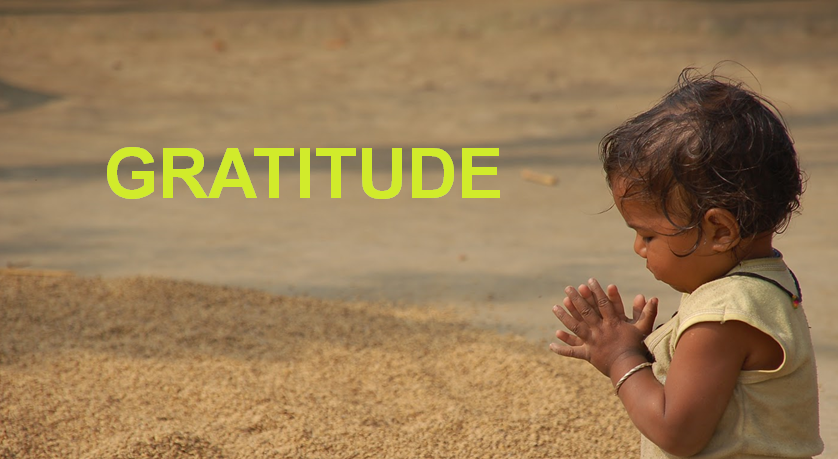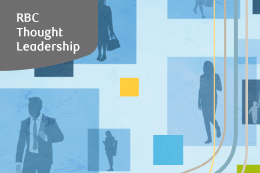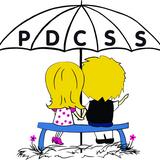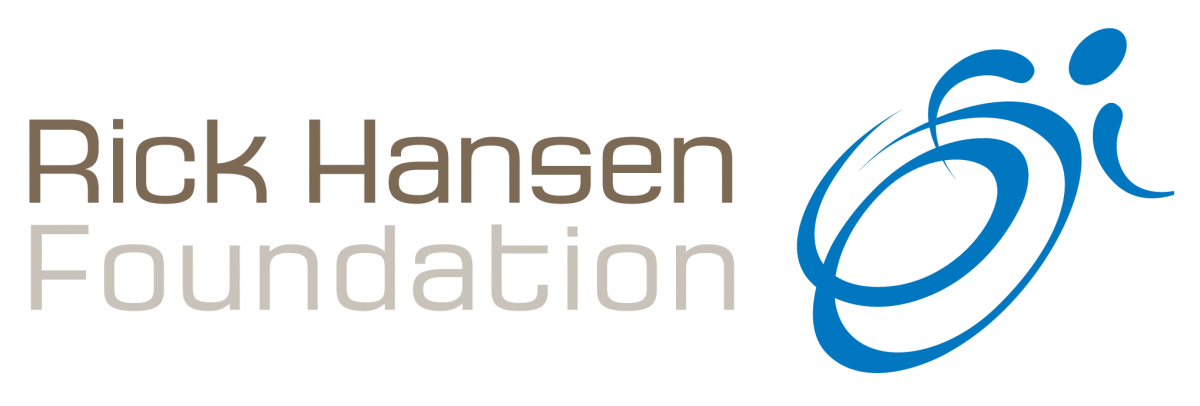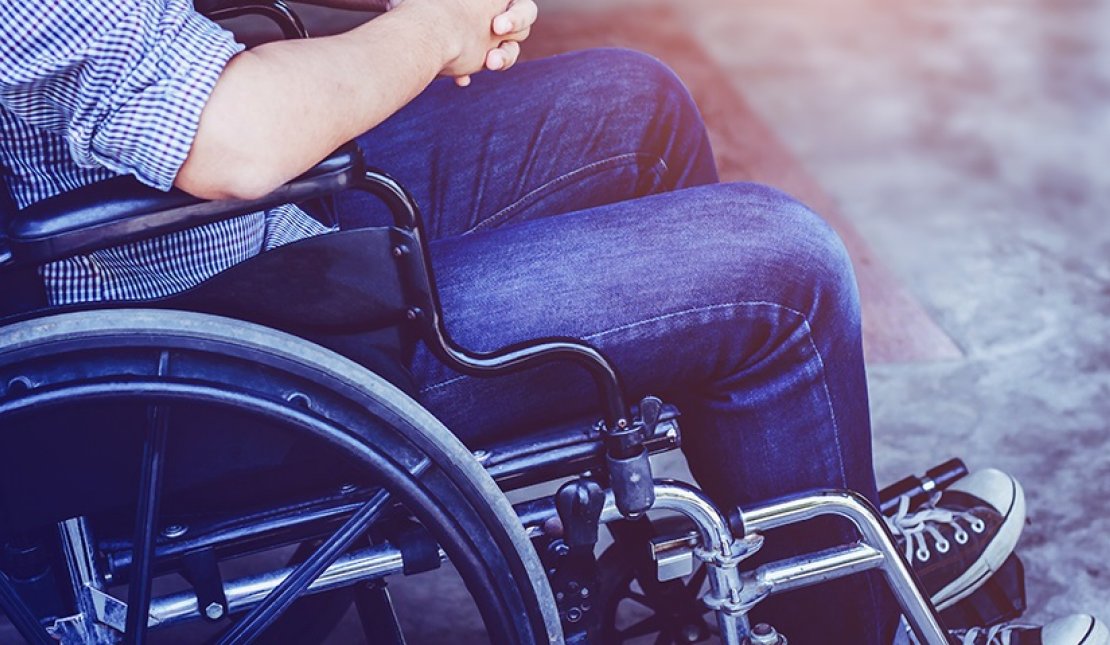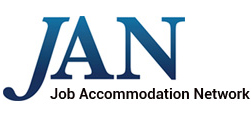Originally the word “chasm” was in the place of the word “opening”. However the more this blog topic developed the realization that the “chasm” created an “opening” became more apparent. An opening for change, or opening for growth, or opening for accomplishment, lies in that space in between.
Motivation is what causes us to act, whether it is getting a glass of water to reduce thirst or reading a book to gain knowledge or motivation to follow Provincial Health Guidelines to avoid spreading illness, motivation to go to work consistently to avoid discipline…to name a few.
There actually are differing types of motivation as well. Well documented is motivation that is internally driven (the desire to be more healthy driving the motivation to exercise and eat well), or motivation that is externally driven (your boss telling you to improve your email communications, so you double check the spelling and grammar before hitting the send button). There are also subsets of motivation:
- Rewards/Incentives – “I want to get (specific reward), so I’m going to do (action).”

- Fear of Consequences –“I want to avoid (bad thing), so I’m going to do (action).”
- Achievement – “I want to achieve (triumph, milestone, award, public recognition), so I’m going to do (action).”
- Growth – “I want to feel like I am continually improving, progressing, moving forward, so I’m going to do (action).”
- Power – “I want to feel strong, powerful and influential, so I’m going to do (action).
- Social factors – “I want to feel a sense of belonging, like I am part of a tribe, coven or community, so I’m going to do (action).”
Tapping into what motivates you can help you get through those things that “have to be done”, but they are less than thrilling to you or to accomplish those big things with big rewards. Motivation is in play, in every moment, of every day. It is the small things, and it is the great strides. It is easy and undetectable, and it is difficult and stretches our character. Employers discovering the motivations of its employees can aid in designing environments and experiences that will bring the best out of the workforce. Some members of the workforce do it on their own in nearly all situations, others need the coaching and partnership of a supervisor. This also will require Employer motivation to engage with and get to know the workforce.
Finding out what your motivators are and then changing the narrative on situations that require your engagement so they align with your motivators can go a long way to helping you achieve your goals. For example, some people join an exercise class because of the social motivators. They join and stay in the class, because they like the camaraderie, and that social connection fuels their motivation for the exercise. What if some people are not motivated by the social connection, is there no motivation to join? The motivation narrative is different, because they perhaps are motivated by the rewards of improved health, energy and feeling of strength. Acknowledging the motivator can aid in staying the course. When there is a temptation to quit, try to connect with the reasons for starting in the first place.
Need Motivation? Find Your Why

